An Dehai: The handsome, favored eunuch who had his own child with Empress Dowager Cixi?

3 | 1 Discuss | Share
In the 1993 Chinese historical film Bao Qingtian, Bao Zheng, the mandarin of Kaifeng government, was given by the King of Song a sword called Thuong Phuong Bao that could "Beat first, then play later" (use first, report to the king later). .
But in reality, this sword doesn't have that much authority? The concept of Thuong Phuong Bao Sword appeared during the Han Dynasty (202 BC - 220). Thuong Phuong is the word used to refer to the place that produces specialized objects for royal use such as tables, chairs, weapons... Thuong Phuong Bao sword is the word for specialized royal swords, the sword body and scabbard are engraved with dragon patterns. , extremely sharp, just one slash can kill a horse, so it is also called "upper horse sword".
Details about this sword that can "strike first and strike later" were later created by Chinese novelists and filmmakers from the late Zhou Yun's request to the Han Dynasty king to grant him a sword to kill traitors.
During the reign of Han Cheng Emperor Liu Ngao (51-7 BC), there was a famous and upright mandarin named Zhou Yun. Chu Van asked Han Thanh De to give him a sword to cut down the traitor Truong Vu, who was the teacher of Han Thanh De, a very wicked man.
Chu Van wanted to behead Truong Vu to "kill the chicken to scare the monkey", but Han Thanh De believed that Chu Van was committing blasphemy and ordered the soldiers to drag him outside to be beheaded. Chu Van hugged the railing tightly and did not let go. The soldiers used too much force, causing the railing to break. The court officials prayed for Zhou Yun, and Emperor Han Cheng spared his death. Later, "Chu Van broke the railing" became a classic legend of a loyal servant who dared to dissuade the king.
During the Tang Dynasty (618-907), mandarins who were given swords by the emperor did not have the right to behead and strike later. It wasn't until the early Northern Song period that Song Taizu Zhao Kuang Dan (927-976), after ascending the throne in 960, allowed the holder of the Thuong Phuong Bao to seek benefits and beheadings, but this was only limited to a few. high-ranking generals.
The Song Dynasty emphasized literature and martial arts, did not trust martial generals, and every time there was a war, the phenomenon of soldiers not obeying martial generals' orders often appeared. To solve this problem, every time there was a war, the Song Dynasty emperor gave the Thuong Phuong Bao sword to generals and above to mobilize troops.
In the field of justice, officials of the Song Dynasty never used Thuong Phuong Bao sword. Therefore, the detail that Bao Zheng (999-1062) of the Song Dynasty had a sword "on top, beheading the king, below, beheading the god" is fictitious.
By the Ming Dynasty (1368-1644), Thuong Phuong Bao Sword began to be used more, and the regulations for its use were also more complete. The sword at this time symbolized the king's son, the royal power. The sword bearer was mostly a confidant of the king's high-ranking generals or royal court supervisors, with the right to behead and strike later. When bestowing the sword, the court had to hold a ceremony, with the general and mandarins bowing their heads and bowing to the emperor four times.
In addition to information about Thuong Phuong Bao Kiem, Bao Chung has Ngu Trat three swords to decapitate criminals: Dog-headed knife, Tiger-headed knife and Dragon-headed knife are equally famous. They are classified according to the subject of the crime: Dragon-headed knife is only used for royalty, tiger-headed knife is used to cut down officials, and dog-headed knife is used for commoners.
Why was Bao Chung able to create such harsh criminal laws? Because, Emperor Song Nhan Tong extremely trusted Bao Zheng. At one time, Tong Nhan Tong personally met Bao Zheng and he also received the Emperor's order to return to the capital.
When returning to the capital, the Emperor gave Bao Chung 3 decrees. The special thing is that these 3 decrees were all white and empty. According to Song Nhan Tong's words, these three holy decrees imply that Bao Zheng can arbitrarily punish his subjects, do many things at will without having to tell the Emperor first, and without anyone objecting.
In some old novels, Bao Chung's "guillotine machines" were given by the Emperor with the effect of "seeing a knife is like seeing the king in front of you". The Emperor himself gave Bao Zheng the right to decide between life and death, and the common people also had high hopes for him. The power of Ngu Trat Tam Dao is not small, Bao Chung can behead the criminal first and then strike him later.
According to ancient stories, during the Song Dynasty, a famous blacksmith named Han Ky found a fragment of the "Three great evil swords" that shook heaven and earth in the previous period. It took Han Ky 1 year and 8 days to use the above fragments to cast Ngu Trat three swords: Dragon head knife, Tiger head knife and Dog head knife. They were later stored in Bao Chung's Kaifeng palace.
However, in history, Bao Chung did not have Dragon-headed swords, Tiger-headed swords, and Dog-headed bronze swords. Whether in the records about Bao Chung in the book "Tong History" or in the epitaphs written by his student Truong Dien, there is no mention of the existence of Ngu Trat Tam Dao above.
Up to now, archaeologists have not been able to unearth any swords in Ngu Trat Tam Dao. That's why more and more people believe that they really only exist on pages of paper.
Duong Quy Phi passed away tragically, what was the cause? 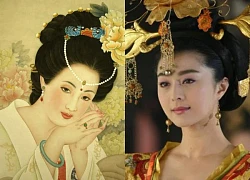 T.P15:27:39 11/03/2024Duong Quy Phi died in pain, because of the soldiers' pressure, forcing Duong Minh Hoang to take action against Duong Quy Phi. She was quickly buried on the side of the road when she was only 38 years old.
T.P15:27:39 11/03/2024Duong Quy Phi died in pain, because of the soldiers' pressure, forcing Duong Minh Hoang to take action against Duong Quy Phi. She was quickly buried on the side of the road when she was only 38 years old.

3 | 1 Discuss | Share
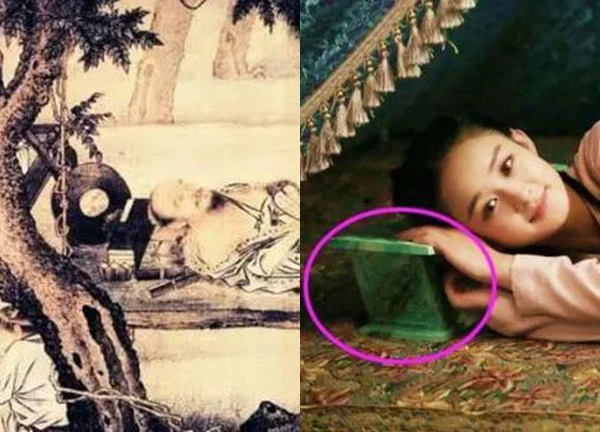
1 | 1 Discuss | Share
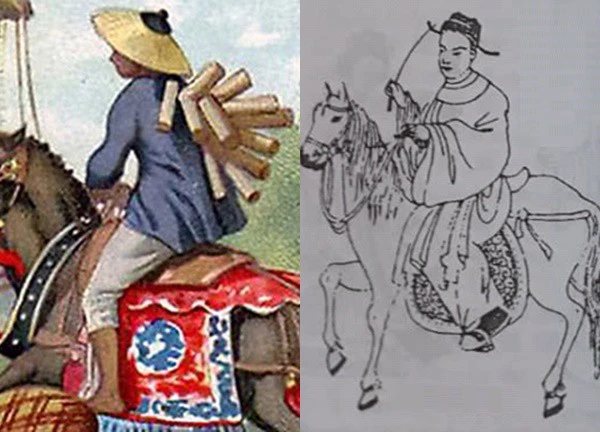
3 | 1 Discuss | Share
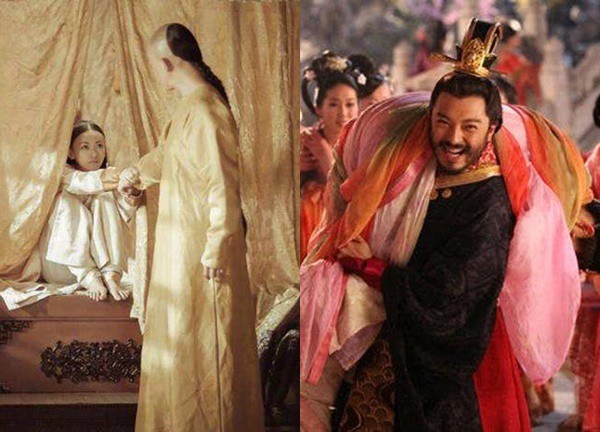
3 | 1 Discuss | Share
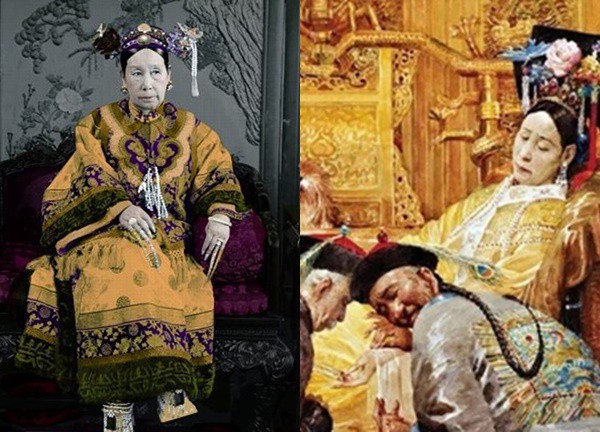
2 | 1 Discuss | Share
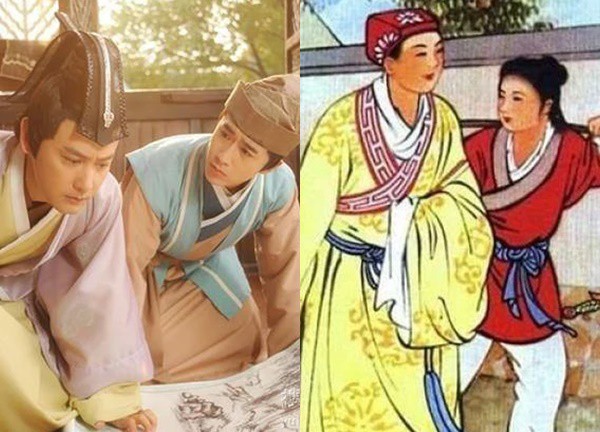
4 | 1 Discuss | Share
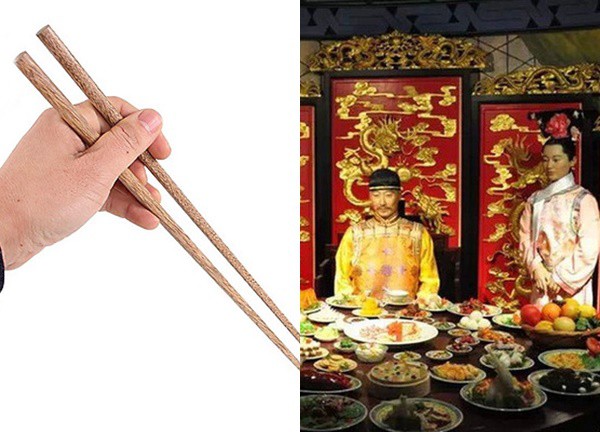
2 | 1 Discuss | Share
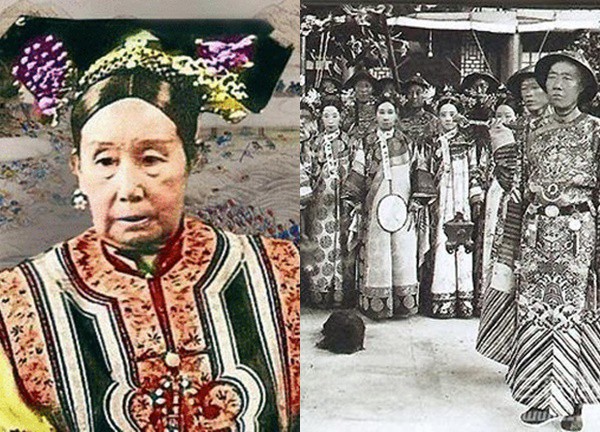
7 | 1 Discuss | Share
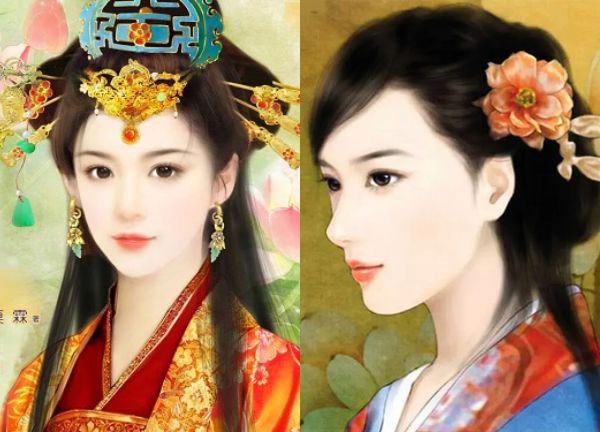
3 | 1 Discuss | Share
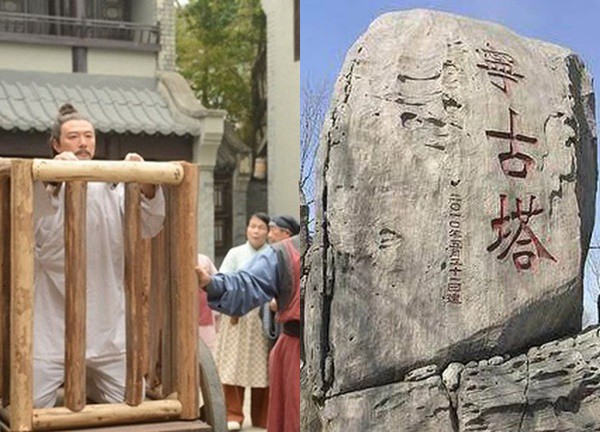
2 | 1 Discuss | Share
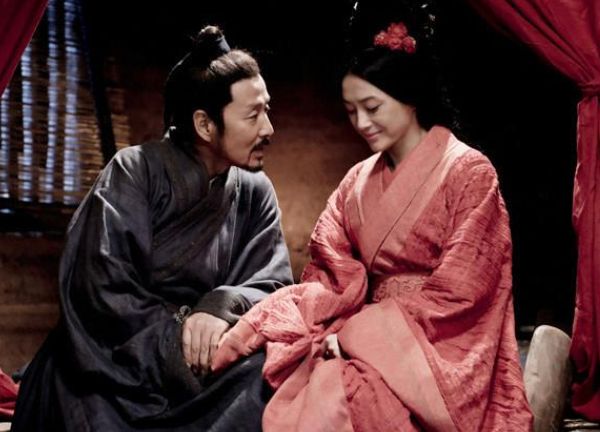
3 | 1 Discuss | Share
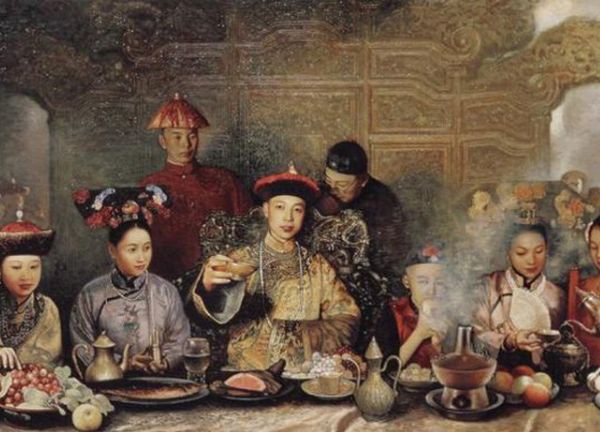
3 | 1 Discuss | Share


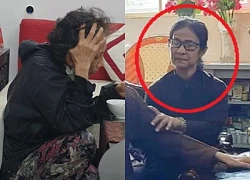
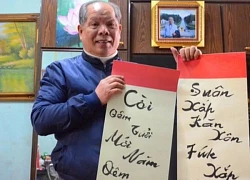






3 | 1 Discuss | Report